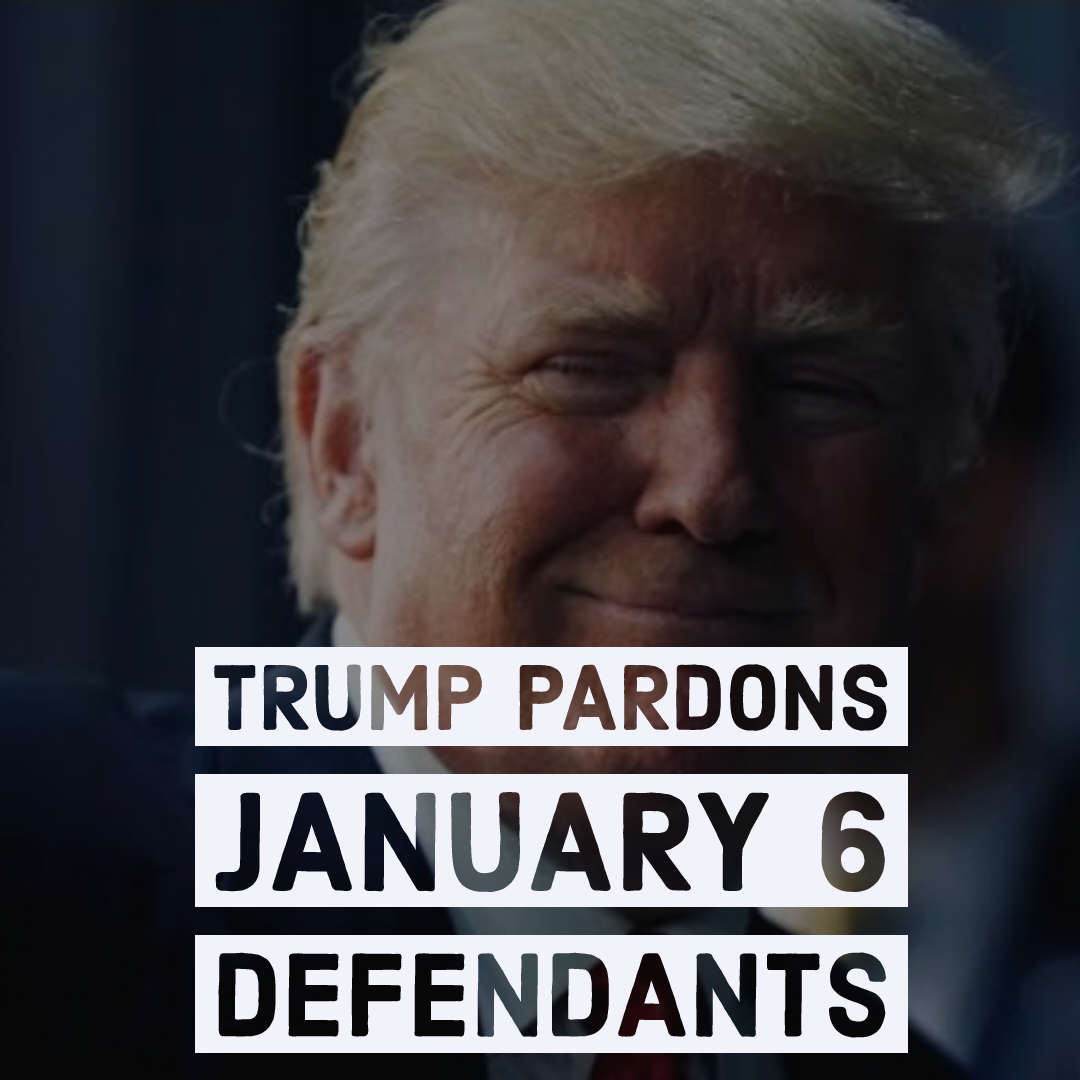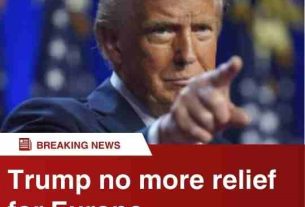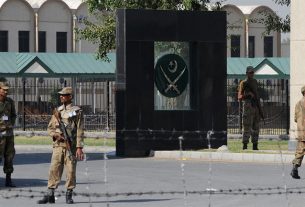In a highly anticipated move, President Donald Trump, on his first day back in office, issued pardons to approximately 1,500 individuals convicted in connection with the January 6, 2021, Capitol attack. The decision aligns with his long-standing campaign promise to grant clemency to those he refers to as “patriots” who were “wrongfully prosecuted” for protesting the 2020 election results.
Among the pardoned individuals are several prominent figures associated with the riot, including members of the Oath Keepers and the Proud Boys, who had received some of the most severe sentences in the aftermath of the attack. This mass pardon marks one of the most controversial executive actions in recent history, with strong reactions from both supporters and critics.
Trump defended his decision, stating, “These individuals were victims of political persecution, not criminals. They were exercising their First Amendment rights, and their treatment has been unjust.” He further emphasized that the justice system had been weaponized against his supporters, an argument he frequently made during his 2024 campaign.
However, the move has sparked significant backlash, particularly from Democratic lawmakers and law enforcement officials. Former Speaker Nancy Pelosi condemned the action as “a disgraceful insult to democracy and to the brave officers who defended the Capitol that day.” Similarly, the Justice Department released a statement expressing concern over the implications of the pardons, arguing that they could undermine the legal consequences for violent actions against the government.
Legal experts note that while presidential pardons are within Trump’s authority, this mass pardon sets a precedent for how accountability is handled for individuals involved in attacks on democratic institutions. Some have even questioned whether Congress might explore legislative measures to limit future mass pardons related to acts of insurrection.
Meanwhile, Trump’s supporters have celebrated the decision as a victory for justice. Norm Pattis, attorney for Proud Boys organizer Joe Biggs, praised the pardons, stating, “This is a moment of redemption. These individuals should never have been treated as criminals in the first place.” Many conservative figures echoed similar sentiments, arguing that the Biden administration had pursued “politically motivated” prosecutions.
The impact of Trump’s sweeping pardons extends beyond the individuals directly affected. The decision is expected to fuel further political divisions in Washington, with Democrats potentially using it as a rallying point to push for reforms. On the other hand, it has solidified Trump’s support base, reinforcing his stance as a leader who stands by his allies.
As the nation reacts to this bold move, the pardons raise important questions about justice, political accountability, and the limits of executive power. With Trump’s presidency off to a dramatic start, this decision sets the tone for what is expected to be a highly contentious term.


